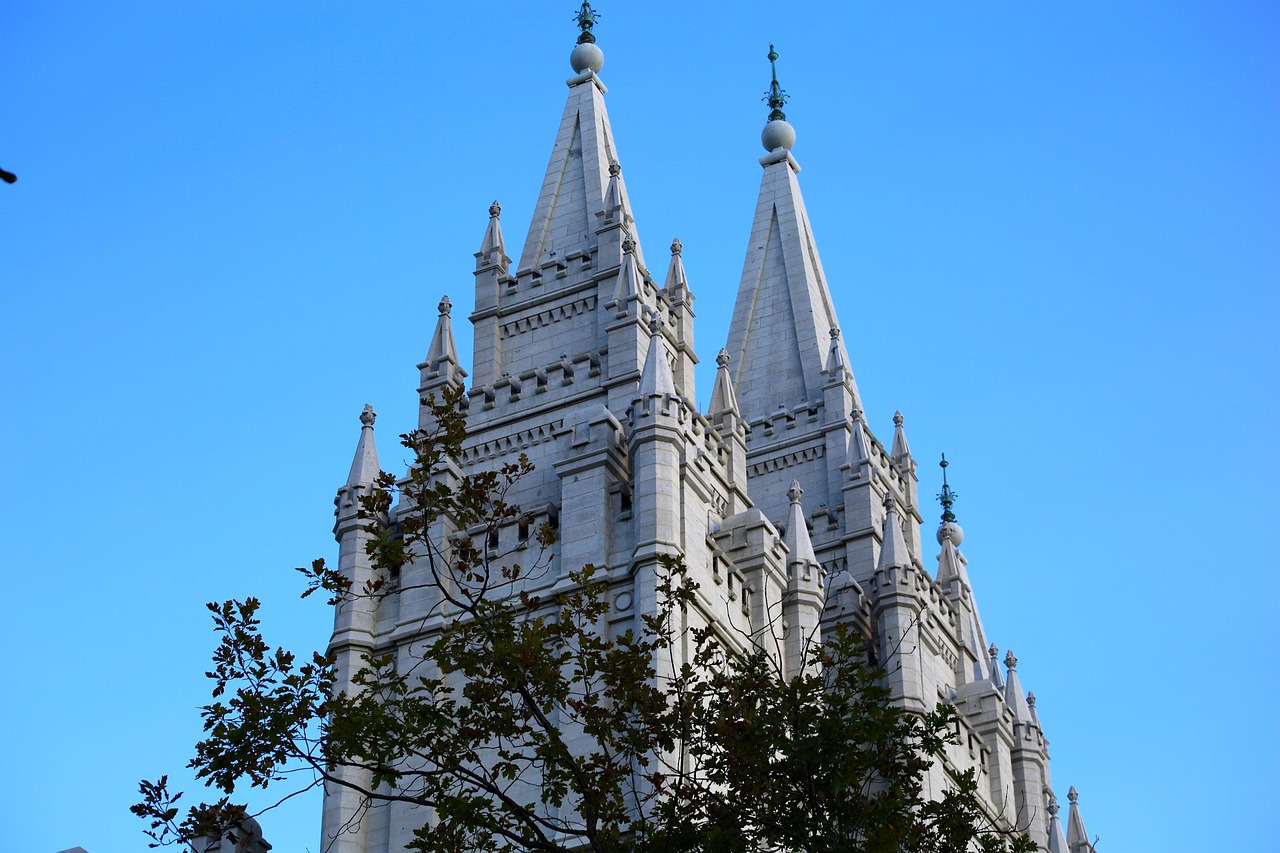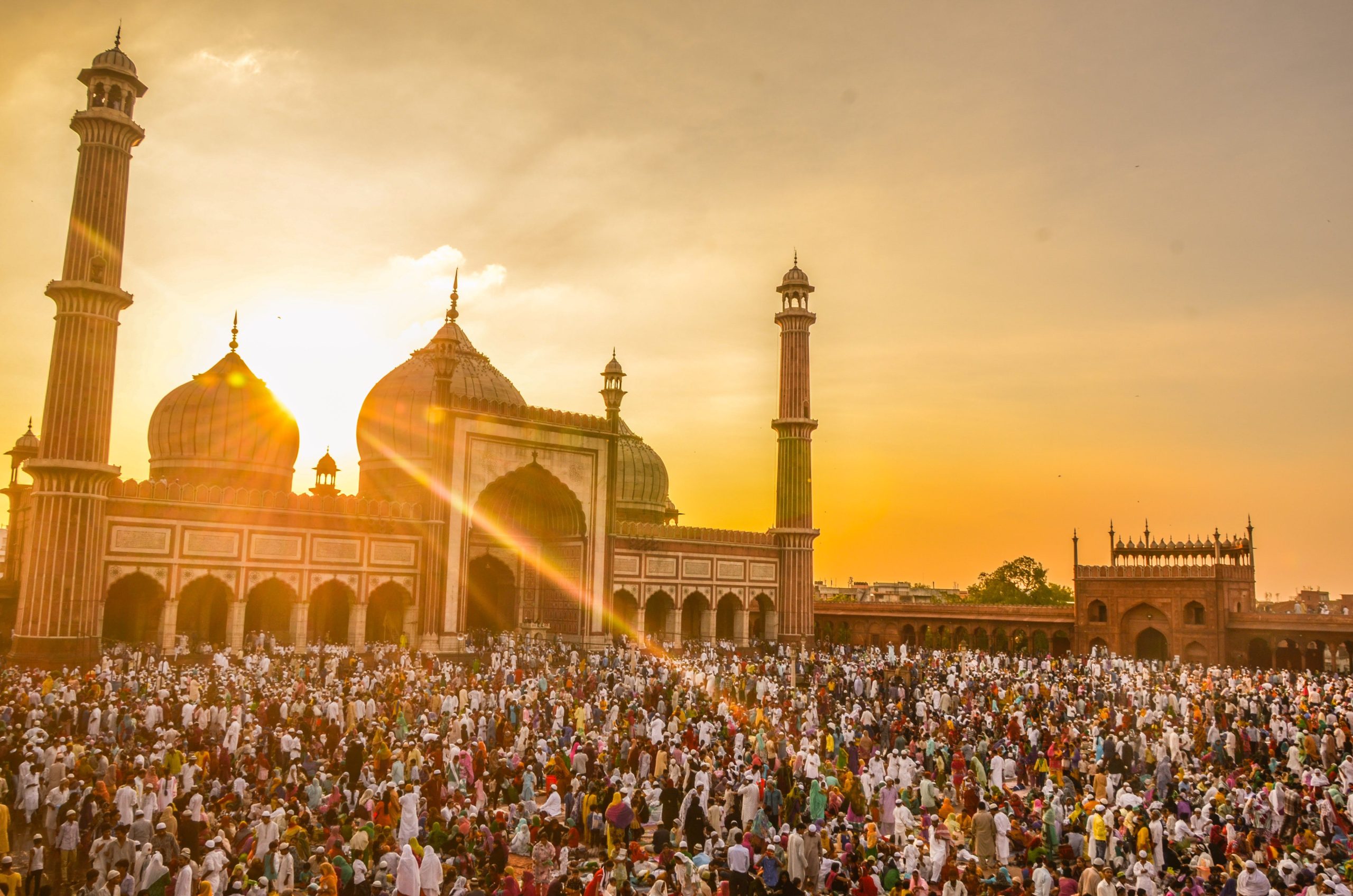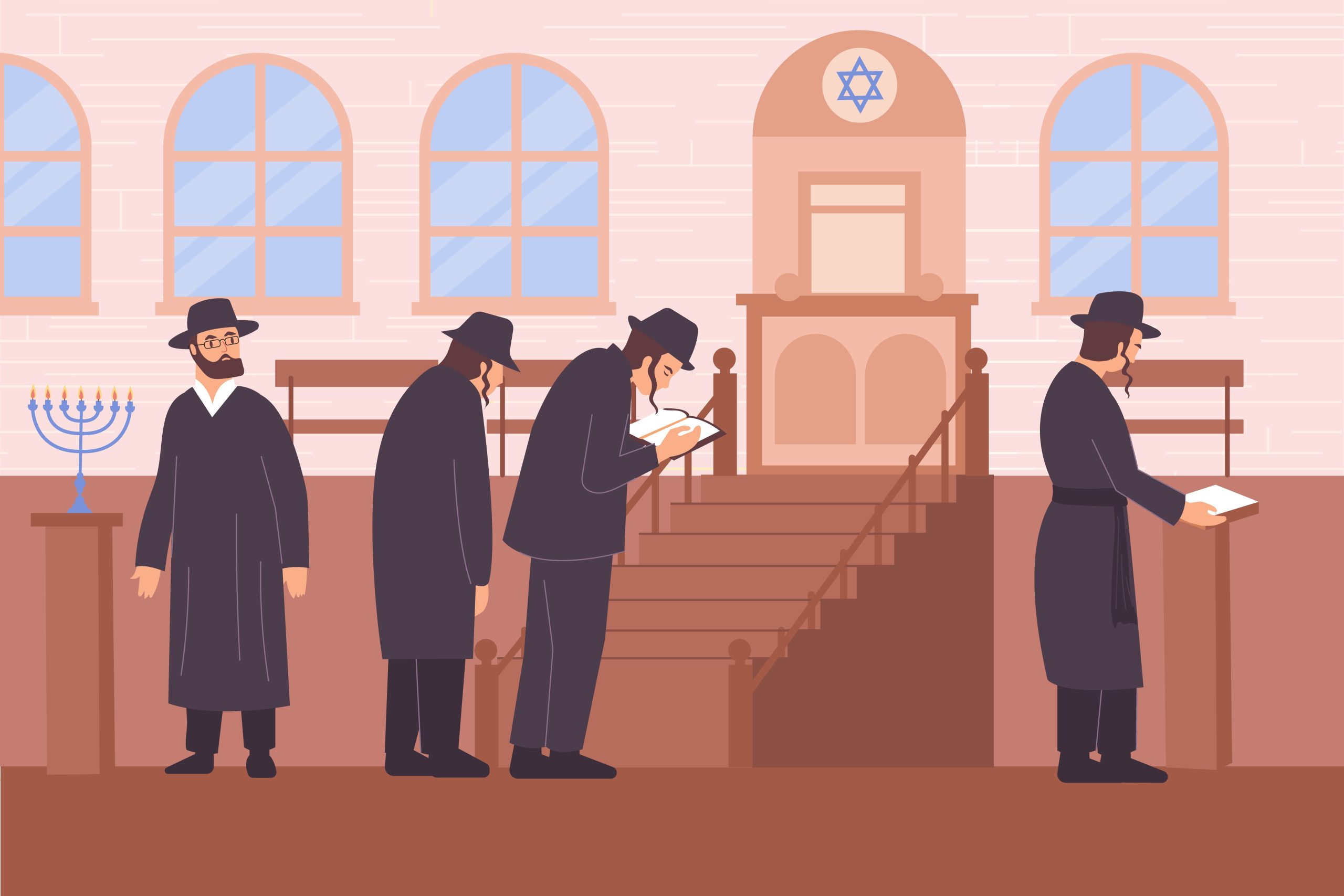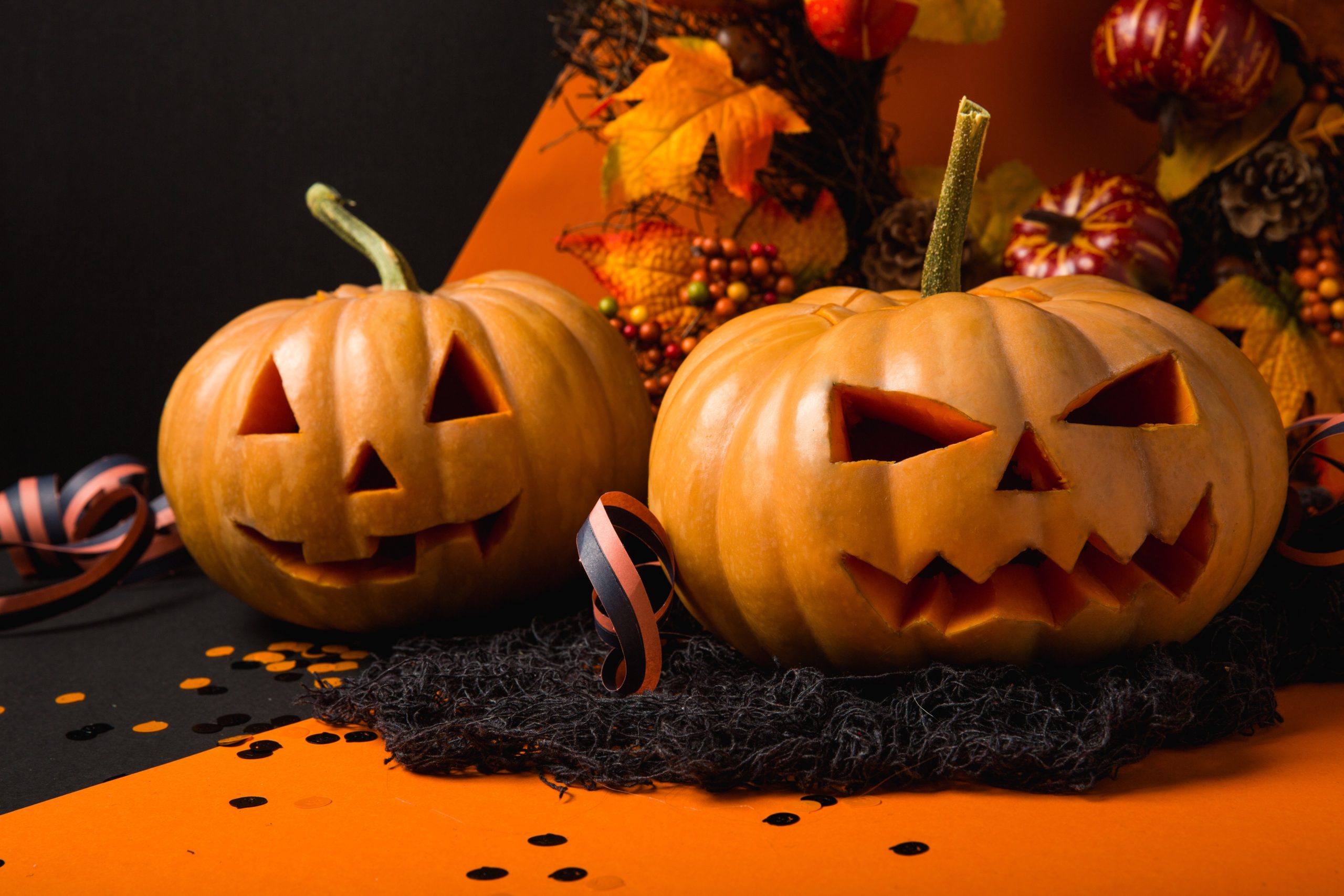
By Dean Aubrey Caratiquet
Halloween celebrations are believed to have originated from the Celtic church 2000 years ago in an ancient Celtic festival of Samhain where people celebrate the bountiful harvest at the end of summer by lighting up bonfires and wearing outfits to ward off ghosts.
While Halloween is a shortened form of All Hallows Eve, which is derived from “All-hallows” or “All-hallowmas” (from Middle English “Alholowmesse” meaning All Saints’ Day), it used to be completely separate from All Saints’ Day.
Back then, All Saints’ Day was celebrated on May 13 which was regarded as the feast of all martyrs. But in the eighth century, Pope Gregory III designated November 1 as a time to honor all saints.
Soon, All Saints’ Day incorporated some of the traditions of Samhain. The evening before was known as All Hallows Eve, and later Halloween.
That is why it is associated with spooky stuff and trick-or-treating because of the belief that on the night before All Saints’ Day, the boundaries between the living and the dead become blurred.
But if you come across a person who is not dressed up for the occasion, maybe they belong to religions that do not celebrate this holiday.
Here’s why:
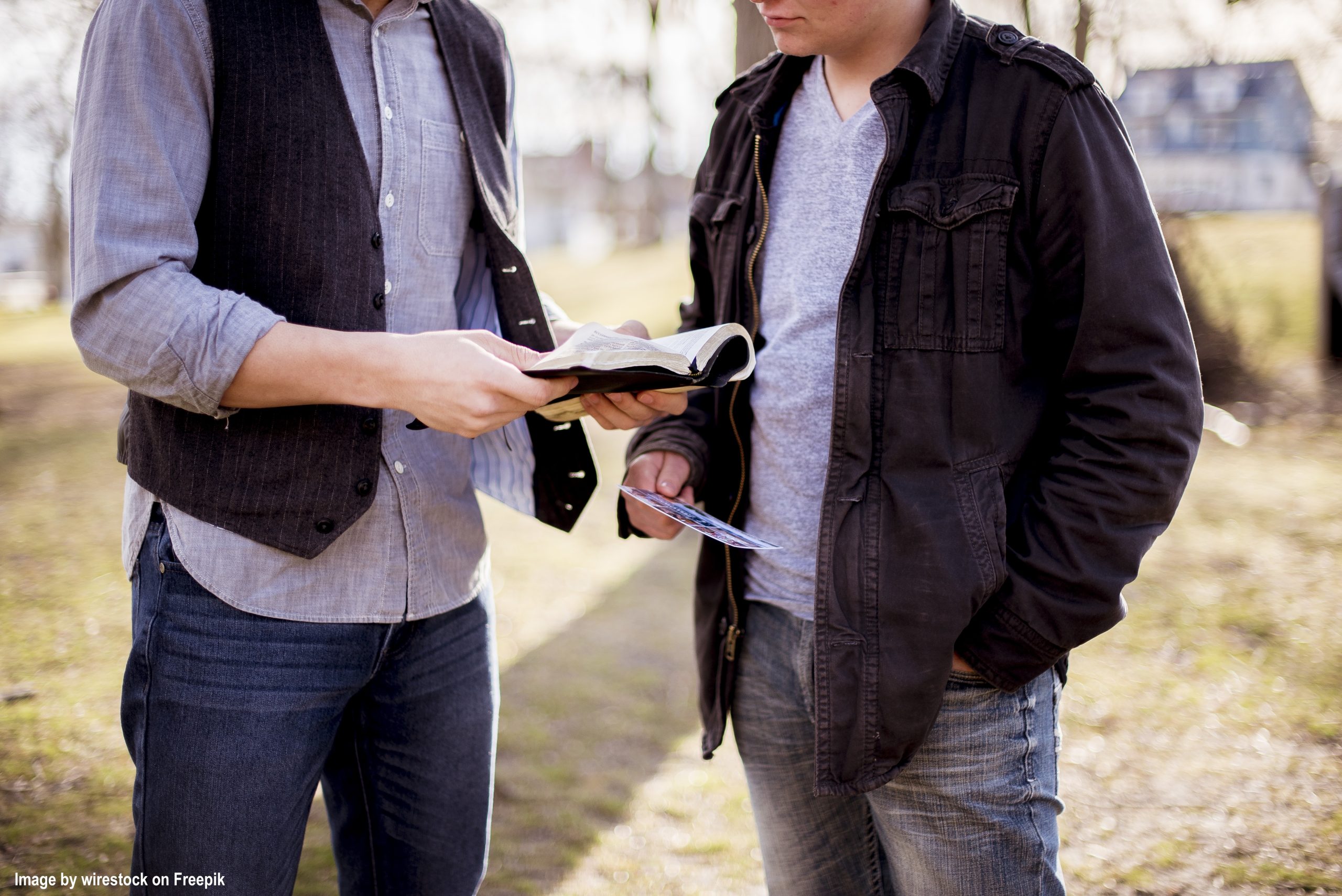
Jehovah’s Witness
Due to their strong attachment to biblical principles, people who are affiliated with Jehovah’s Witnesses refuse to acknowledge celebrations such as Christmas, the Lunar New Year, and, of course, Halloween. They believe that these festivities are linked to pagan beliefs and are contrary to what is stated in the Bible.
Some Mormons
Members of the Mormon Church are free to decide whether they want to celebrate Halloween or not. However, if the spooky event falls on a Sunday, the celebration is moved to a later date in favor of honoring the Sabbath.
Muslims
Muslims do not celebrate Halloween because it lacks religious significance and is considered a festivity that teaches evil and mischief. They firmly believe in the teachings of Muhammad, as well as the celebrations of Eid-al-Fitr (the end of Ramadan) and Eid-al-Adha (the end of Hajj).
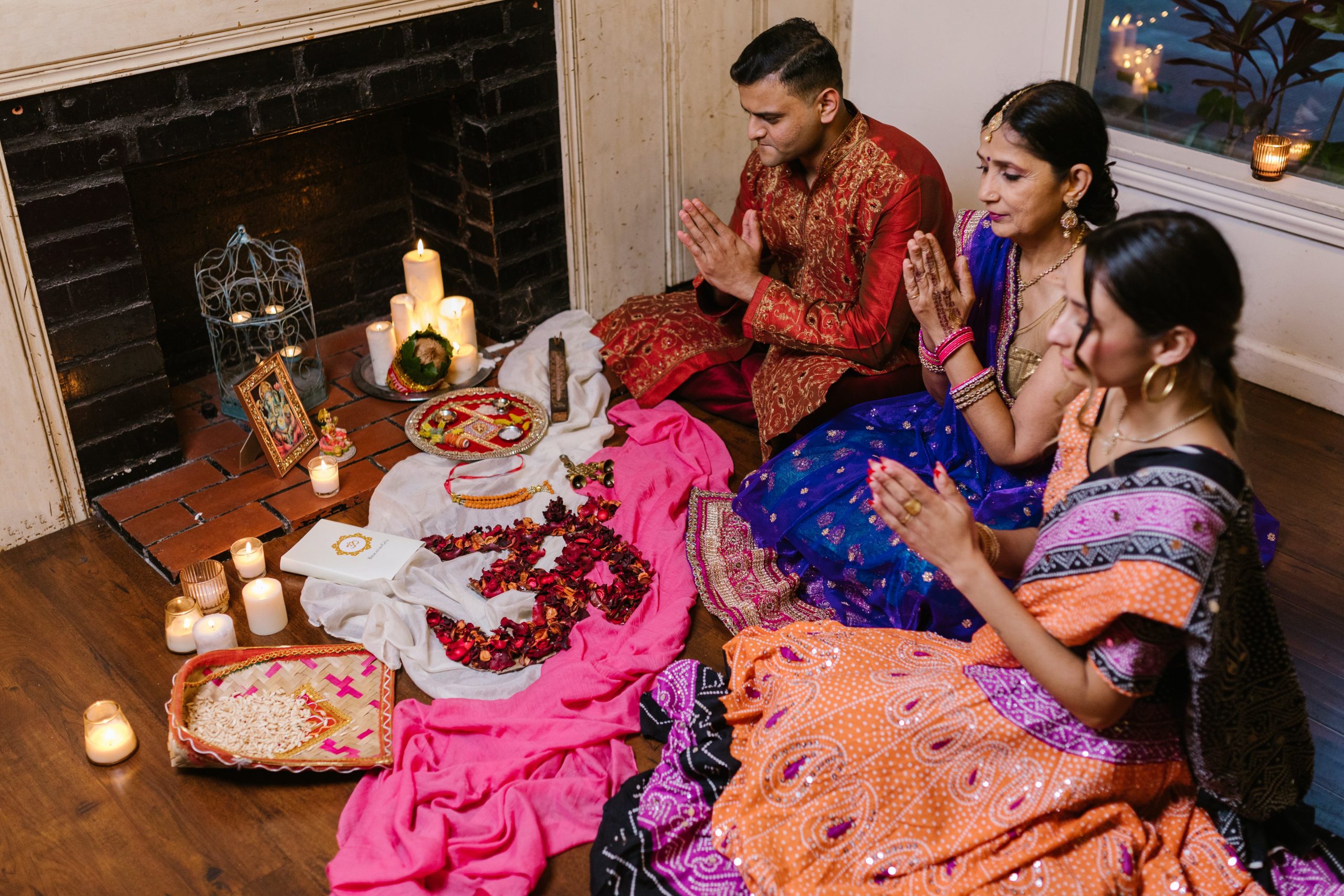
Hindus
Followers of the Hindu religion refuse to celebrate Halloween because it is in conflict with Diwali, a joyful celebration of light that celebrates the victory of good over evil. Moreover, several Hindus are skeptical of glorifying the dead by participating in the eerie holiday and instead look forward to becoming a part of Diwali, which occasionally coincides with Halloween festivities.
Certain Orthodox Jews
Some Orthodox Jews refuse to participate in Halloween because it is a secular event and is associated with “Gentiles”. Although Halloween has religious roots, it is regarded as a celebration that is not linked to a particular religion.
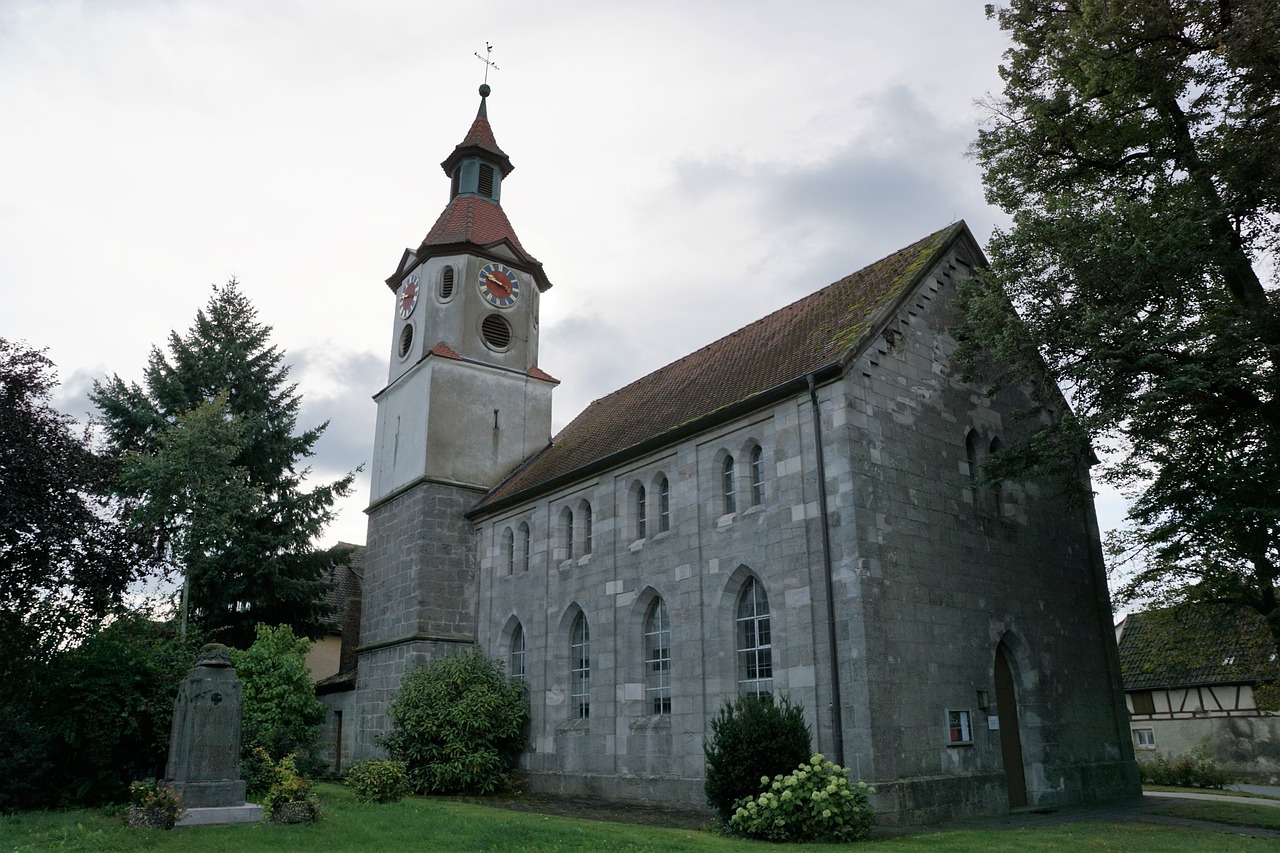
Some Evangelical Christians
Evangelical Christians do not participate in Halloween celebrations because of their conservative religious principles, believing it to be a pagan event that glorifies evil. Instead, they may opt to celebrate Reformation Day on the same day as the spooky event, devoid of terrifying costumes and decor.
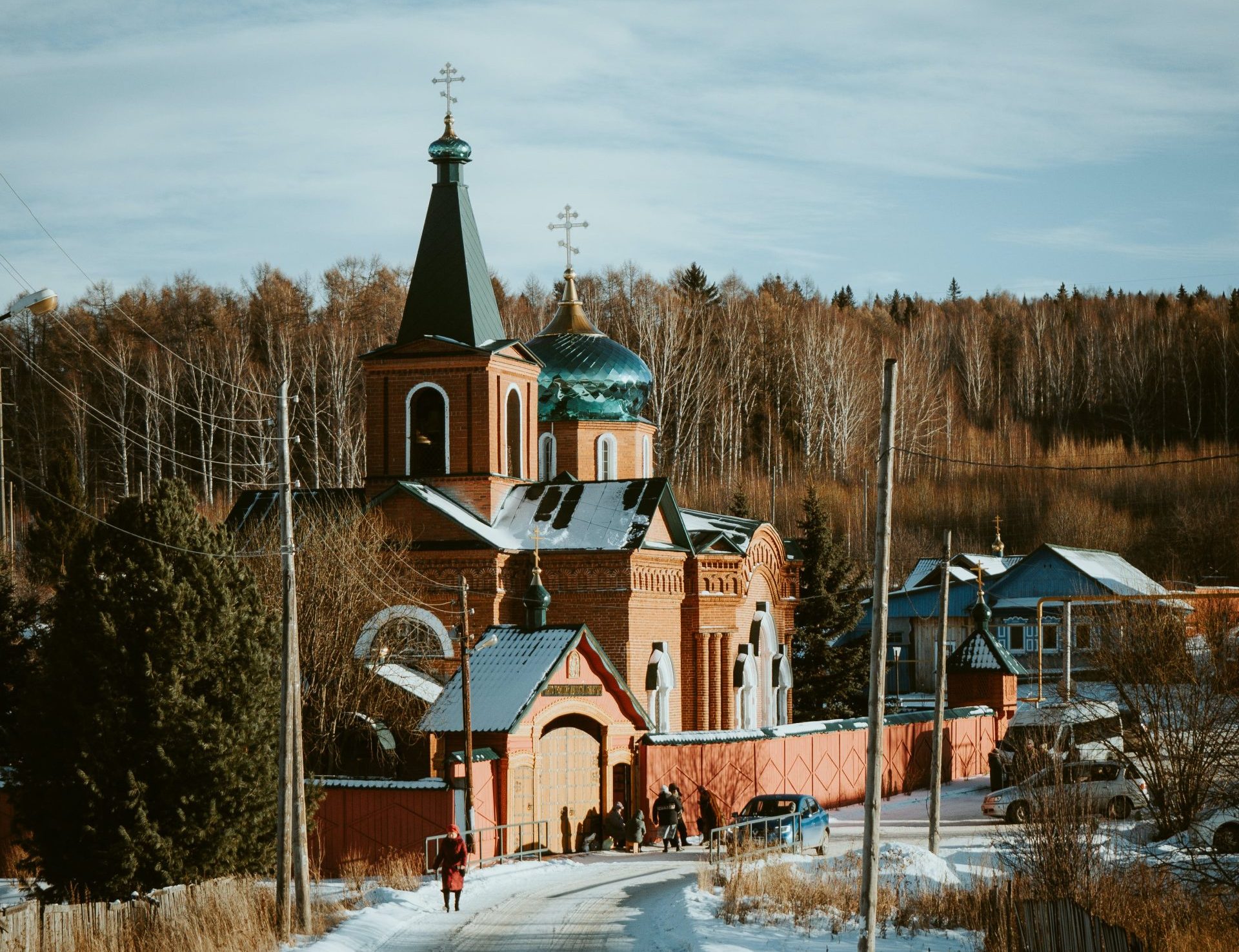
Russian Christians
Believers of the Russian Orthodox Church, itself an offshoot of the Eastern Orthodox Church of Christianity, do not celebrate Halloween because they believe that it is against Christian values. There are even some regions in Russia where celebrating the eerie festivity is banned by the government.
Halloween may be a simple yearly event where people indulge in spooky stuff, yet it doesn’t stop certain individuals and religious groups from refusing to participate in the celebration. But regardless of one’s personal beliefs, everyone should be treated with respect so that religious differences don’t get in the way of celebrating the eve before All Saints’ Day.

